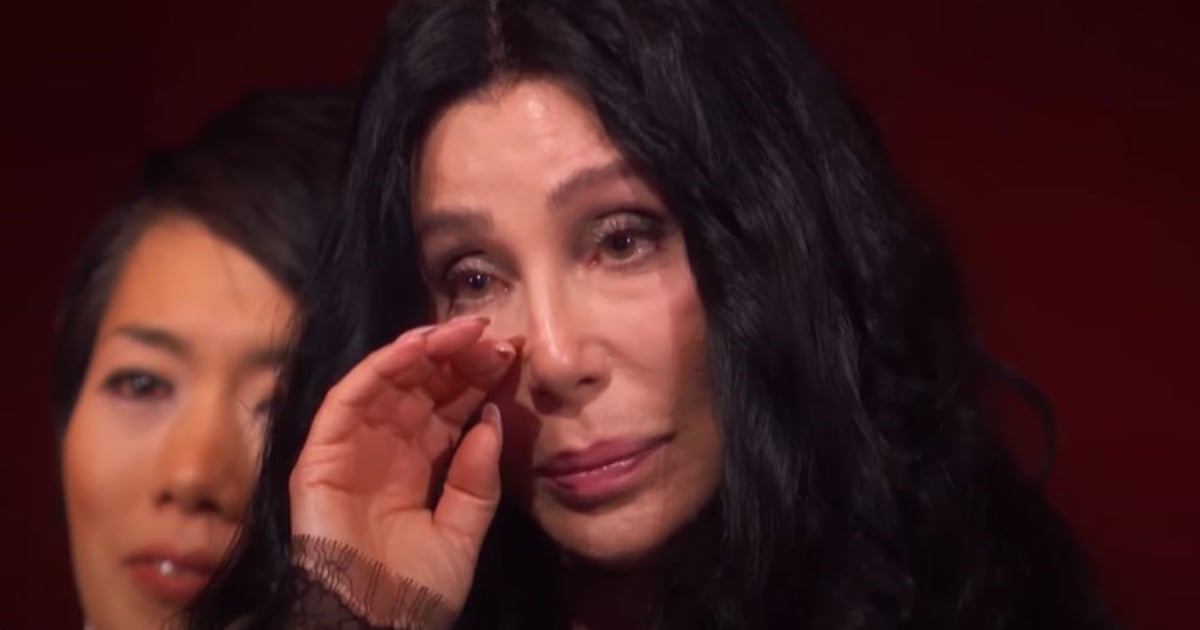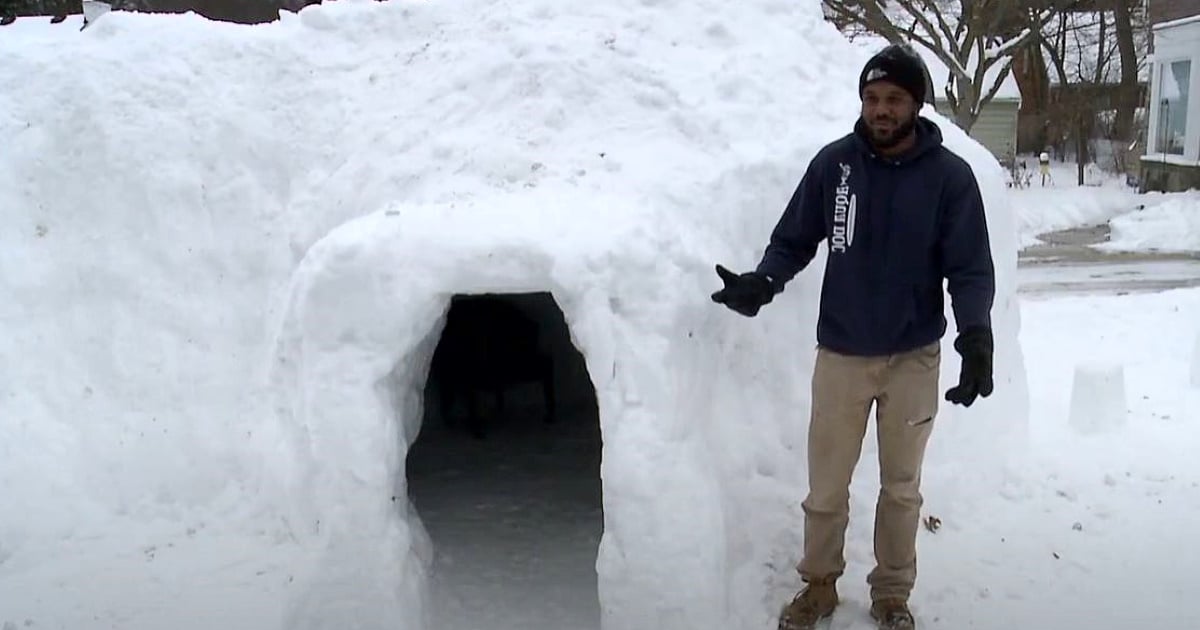Featured


Irish Man’s “Voice Like Butter” Makes Classic Song Unforgettable
Ireland’s Got Talent was graced with an unforgettable performance when 31-year-old Steve Barry from Kerry took the stage. His rendition of “Somewhere” from West Side Story captivated both the audience and the judges. With his soaring vocals and emotional delivery, Steve transformed the classic song into a breathtaking moment. It was a performance that combined...
Jake Manning
06.17.25
Stay up to date on the latest stories on Shareably.
By signing up, I agree to the Terms and Privacy Policy


Thanks for signing up!
You're now subscribed to the latest stories.
Entertainment
Handsome Man’s Sultry Voice Earns Him “Golden Buzzer”
Jake Manning
06.16.25
Style
Wife Feels “Ugly” Until Makeover Makes Her Husband Fall In Love With Her Again
Jake Manning
01.21.25
Life
Little Boy Wakes Up From 16-Day Coma With Request Melting Internet’s Heart
Jake Manning
01.21.25
Entertainment
8 courageous dads in tutus perform comical dance that leaves crowd rolling
Jake Manning
11.30.24
Music
Man asks young boy to play Bohemian Rhapsody, so he puts on a show they’ll never forget
Jenny Brown
11.30.24
Beauty
Retired teacher goes short & all gray in makeover and looks fabulous
Jake Manning
11.30.24
More Top Stories
Life
Life
Mom leaves heartbreaking note on porch only to capture trick or treaters’ act of kindness
Jake Manning
11.04.24
Life
Kid with adorable Southern accent turns to granny and asks “I’m poor, ain’t I?”
Jake Manning
10.30.24
Life
Adorable twin babies can’t stop laughing and it’s melting hearts
Jake Manning
10.28.24
Life
Dad can’t find babysitter for court not expecting officer to take over in sweetest way
Jake Manning
10.22.24
Life
Toddler meets new baby brother and her reaction wins the internet
Jake Manning
10.22.24
Life


Big brother tries to teach little sis about manners only it takes funny turn
If you grew up with an older sibling, then you know all about the unsolicited advice they love to give. It’s almost like a rite of passage! They’ve been around longer, so naturally, they assume they’ve gathered enough wisdom to pass down to you. But whether you’re on the receiving or giving end of this...
Jake Manning
10.21.24


Great Dane can’t handle brother getting all the attention and throws funniest fit
Jake Manning
10.18.24
Recommended for you
Entertainment
Music
Michael Bublé performs soulful cover of Bee Gees song as touching tribute to Barry Gibb
Jake Manning
10.31.24
Music
Simon interrupts 11-yr-old singing Aretha Franklin but her comeback brings down the house
Jake Manning
10.31.24
Entertainment
Couple has crowd glued with silky dance then rock song takes it to a whole new level
Jake Manning
10.30.24
Music
Adorable kid sings Elvis tune forcing every judge to slam their button
Jake Manning
10.29.24
Entertainment
9 beautiful cowgirls line up and perform dance that rakes in 3M views
Jake Manning
10.29.24
Recommended for you
Trending
Trending
Hundreds show up for act of kindness after kids’ lemonade money is stolen
Jake Manning
10.29.24
Trending
Family takes in talkative parrot and her words quickly have them rolling
Jake Manning
10.25.24
Trending
Nervous rescue lion gets 1st taste of freedom and his reaction is heart-melting
Jake Manning
10.23.24
Trending
Farmers shake up the barn with ‘Farmer Rock Anthem’ leaving 2.7M smiling
Jake Manning
08.07.24
Trending
Man’s costume change so unexpectedly hilarious Simon says “That was genius!”
Jake Manning
08.07.24
Trending


Reporter can’t keep straight face as adorable baby elephant steals the show
Nearly 90% of African elephants have disappeared in the past century, primarily due to the extensive ivory trade, according to WWF. Currently, only about 415,000 wild elephants remain. These magnificent creatures face another significant threat: the deteriorating state of our environment. With this alarming backdrop, many people are striving to raise awareness about the need...
Jake Manning
08.02.24


Wild dolphin gets diver’s attention with gift he’ll never forget
Jake Manning
07.29.24
Recommended for you
More from Shareably
Music


Music
Jennifer Nettles performs one of Neil Diamond’s greatest hits making him tear up with her version
Jake Manning
11.28.24
Entertainment


Entertainment
High school student perform enchanting waltz to Ed Sheeran’s “Perfect”
Jake Manning
11.27.24
Life


Life
Woman wakes to find an unknown dog on her patio furniture that refuses to leave
Jenny Brown
11.27.24
Life


Life
Police officer stops to have cute conversation with adorable baby owl
Jenny Brown
11.27.24
TV & Movies


TV & Movies
Hilarious Carol Burnett Show bloopers prove the entire cast were comedic geniuses
Jenny Brown
11.26.24
Music


Music
Cher gets emotional hearing Adam Lambert’s moving version of her famous song
Jake Manning
11.26.24














































